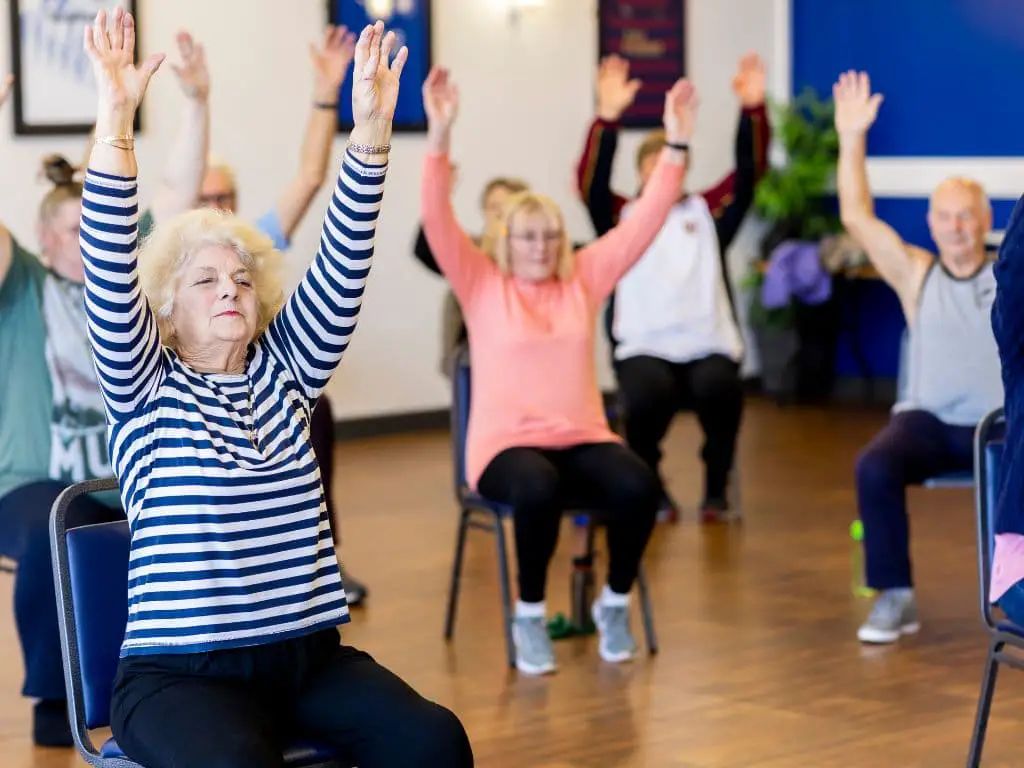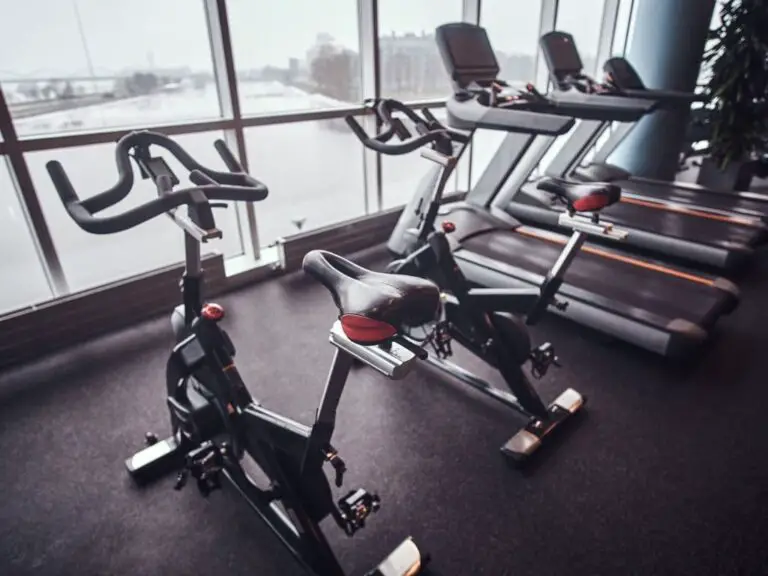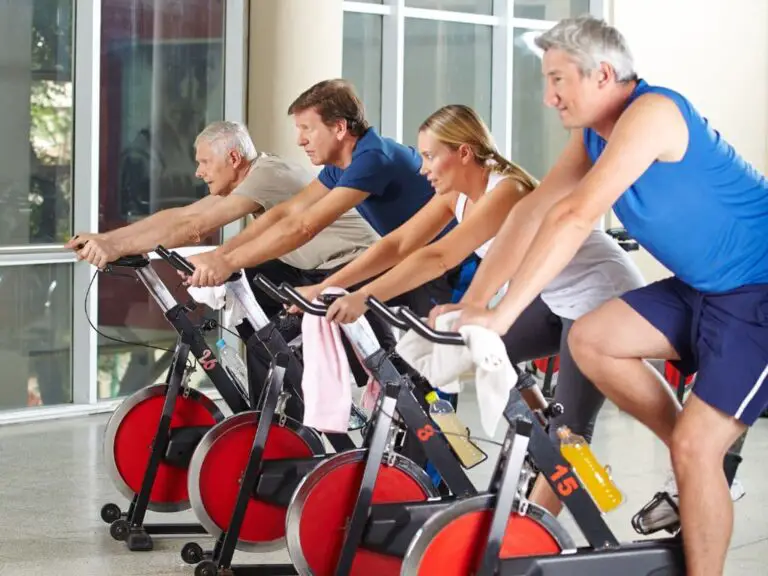Is It Too Late to Start Exercising at 75?
No, it is not too late to start exercising at 75. Engaging in regular physical activity at this age can lead to various benefits, including improved health, stronger bones and muscles, better balance and coordination, weight management and improved mood.
To safely start a fitness routine, individuals should consult a healthcare professional, begin with light-intensity activities, gradually increase activity levels, and incorporate varied types of exercises, including aerobic, strength, balance, and flexibility exercises.
Many people wonder if it’s too late to start exercising once they reach their mid-70s or older. The truth is, it’s never too late to begin a fitness routine and experience the many benefits of exercise for seniors. Starting an exercise program at age 75 can be safe and effective when done correctly.

Benefits of Starting to Exercise at 75
Here are some of the biggest advantages older adults can gain from adopting a regular exercise program:
- Improved health – Staying physically active can help prevent or manage chronic conditions like heart disease, diabetes, and arthritis. It also reduces the risk of cognitive decline.
- Stronger bones and muscles – Exercise strengthens muscles and bones, reducing the risk of fractures and injuries from falls. It also builds stamina.
- Better balance and coordination – Activities that challenge balance help prevent falls. Tai chi is excellent for improving coordination.
- Weight management – Regular activity encourages a healthy metabolism and can help manage body weight.
- Reduced stress and improved mood – Exercise releases feel-good endorphins and reduces anxiety and depression.
In summary, regular exercise provides both physical and mental health benefits for seniors, helping them maintain independence and quality of life.
How to Start an Exercise Routine at 75
Beginning a new fitness routine after age 75 requires some caution, but a few key steps will help you get started safely:
- Talk to your doctor – Discuss your plans with your physician, especially if you have chronic health conditions. Get their input on safe activities.
- Start slowly – When just starting out, begin with light intensity exercise for short durations. This allows your body to adjust.
- Focus on aerobic exercise – Low-impact aerobic activities like walking are safest. Aim for 150 minutes per week.
- Add strength training – Using resistance bands or weights for strength training twice a week builds muscle.
- Include balance and flexibility exercises – Add exercises to improve balance and flexibility 2-3 times per week.
- Gradually increase duration – Start with 10-15 minutes per session, building up to 30-60 minutes as you advance.
- Increase intensity slowly – Build up from easy to moderately intense activity over time. Avoid overexertion.
- Find activities you enjoy – Choose exercises you find fun and engaging to stay motivated.
- Set realistic goals – Set achievable short-term goals as you progress through your fitness journey.
8 Tips for Safe and Effective Exercise After 75
There are important precautions seniors should take when starting to exercise at an older age:
- Always warm up before exercise and cool down afterwards. This prevents injuries.
- Listen to your body and don’t overdo it. Know when to stop or scale back activity.
- Stay hydrated by drinking water before, during, and after exercising.
- Wear comfortable, well-fitting shoes designed for exercise. Replace shoes every 6 months.
- Dress in layers so you can adjust to changes in temperature during activity.
- Apply sunscreen when exercising outdoors.
- Exercise indoors or in shady areas on very hot or cold days.
- Don’t exercise on empty stomach, but avoid eating a heavy meal beforehand.
Following these precautions will allow you to exercise safely as you age. Consult your physician if you have any concerns.
Getting Started With an Exercise Routine After 75
Below are examples of well-rounded exercise routines that provide health benefits for adults over 75:
Aerobic Exercise
- Walking – Start with 10-15 minutes, building towards 30-60 minutes most days.
- Stationary cycling – Try cycling on a stationary bike for 10-15 minutes to start.
- Low-impact aerobics – Do seated aerobic workouts or aerobics without jumping.
- Water aerobics – This lower-impact activity also provides resistance.
- Dancing – Ballroom and line dancing are fun social activities.
Strength Training
- Bodyweight exercises – Do chair squats, wall push-ups, etc. to build muscle.
- Resistance bands – Bands provide portable resistance for strength training.
- Light weights – Use dumbbells or machines for leg, arm, and chest exercises.
- Yoga – Poses like planks, lunges, and squats increase strength.
Balance and Flexibility
- Tai chi – This gentle martial art boosts balance, flexibility, and focus.
- Yoga – Yoga improves balance, coordination, strength, and flexibility.
- Stretching – Stretches for calves, chest, hips, hamstrings, etc. increase range of motion.
- Pilates – Focuses on core strength and balance.
Sample Weekly Routine
| Monday | Tuesday | Wednesday | Thursday | Friday | Saturday | Sunday |
|---|---|---|---|---|---|---|
| 30 min walk | Strength training | 30 min walk | Tai chi class | Rest day | 30 min walk | Yoga class |
This sample schedule provides a balanced mix of aerobic exercise, strength training, balance, and flexibility activities. Adjust days and durations to fit your needs and abilities. Consistency is key!
Frequently Asked Questions
Is it dangerous to start exercising at 75?
Exercise is safe at 75 and provides significant health benefits. However, it’s important to start slowly and consult your physician, especially if managing chronic conditions. Avoid overexertion.
What if I have arthritis, osteoporosis, or other limitations?
Choose low-impact activities like walking, cycling, or swimming. Strength training also helps manage arthritis symptoms. Talk to your doctor about any exercise restrictions.
How long before I start to see results?
You may notice improved energy, strength, balance, and mood within 2-4 weeks. But focus on consistency rather than rapid results. Health gains will accumulate over time.
How do I stay motivated to keep exercising?
Pick enjoyable activities, exercise with a friend, track your progress, and focus on how much better you feel. Remind yourself of your health goals.
What should I do before starting an exercise routine?
Talk to your doctor, invest in proper footwear/attire, start slow, and focus on good form. Warm up and cool down to prevent injury. Listen to your body’s signals.
The Takeaway: It’s Never Too Late to Exercise
The benefits of exercise extend well into your 70s and beyond. With your doctor’s okay, it is perfectly safe to start a fitness routine at age 75. Choose activities you enjoy and start slow. Focus on aerobic exercise, strength training, balance, and flexibility. With consistency, you will gain both physical and mental health improvements that allow you to stay active and independent as you age.






